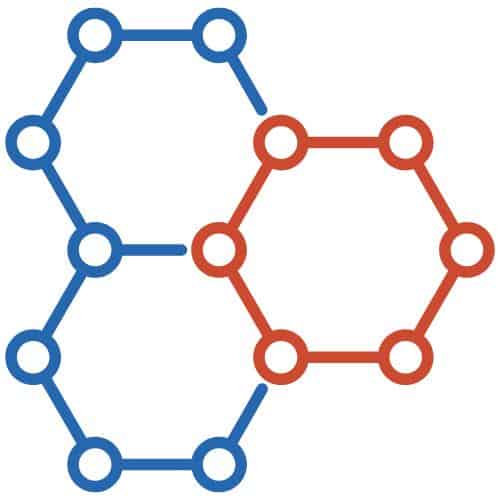
Error 404
Oops it looks like something went wrong!
The peptides have broken the bond to this page. Maybe we can help you find what you are looking for.
15% off first order with code: 1storder

The peptides have broken the bond to this page. Maybe we can help you find what you are looking for.
ALL PRODUCTS AVAILABLE ON THIS WEBSITE ARE FOR RESEARCH PURPOSES ONLY.
DISCLAIMER: All products on this site https://pharmalabglobal.com are exclusively for research and laboratory purposes only. The products on this site are not intended for use in humans or animals, nor are they designed to diagnose, treat, cure or prevent any illness. All information and content provided on our Pharma Lab Global website are purely for educational purposes. All products are to be handled by suitably qualified and properly trained research professionals only.
